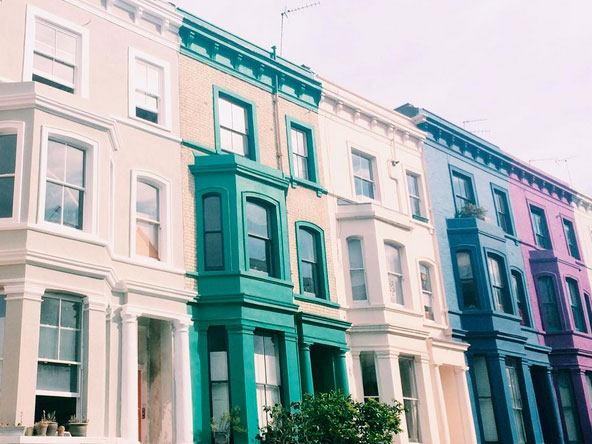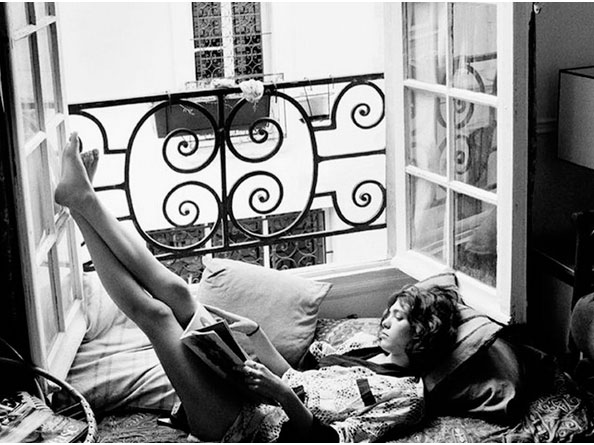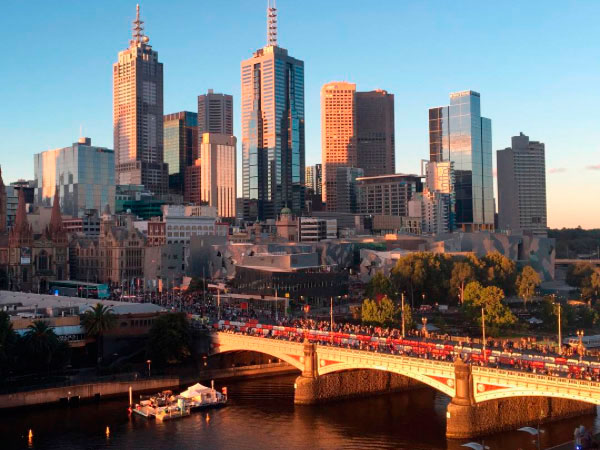Why we need to talk about housing for first time buyers right now
Millennials may have been priced out of the property market, but Generation Rent is finding genius new ways to tackle the global housing crisis. And not one of them includes paying someone else’s mortgage…

Millennials may have been priced out of the property market, but Generation Rent is finding genius new ways to tackle the global housing crisis. And not one of them includes paying someone else’s mortgage…
Every day, without exception, I swipe despondently through Rightmove’s array of pimped-up pads, acutely aware I’m looking at homes I'll probably never be in a financial position to afford.
I'm not snooping inside ‘aspirational’ mansions; these aren’t uber-posh apartments in Chelsea Harbour. We’re talking modest two-bed semis on the wrong side of the Essex commuter belt. And no, I’m not unemployed, bankrupt or even on the minimum wage. In fact as a journalist on a glossy magazine, I'm doing pretty well on the job front by most people's standards.
But I'm also a millennial, and these days, that's tantamount to mortgage non grata.
You’ve read the spiel: Surging property prices, huge deposit demands and a severe lack of affordable housing have all contributed to purchasing your own home a distant fantasy for many first-time buyers.
Now let’s see the stats. In April this year, the average house price in the UK rose to more than £200,000 for the first time ever; between 2000 and 2014, average earnings rose by 51 per cent, yet house prices rose by 132 per cent; and by 2020, those renting an average two-bed flat in London will need to spend 52 per cent of their salary to keep a roof above their heads. Compare all that to 70s London, when a house cost £4,378 – or £65,232 in today’s money – and you start to get the picture.
The UK now needs 240,000 new homes to be built each year just to keep up with demand. But guess what? Even if that target was actually hit (historically the government has fallen woefully short), thanks to the financial crisis in 2008, high-street lenders are increasingly looking for a 25 per cent deposit from first-time buyers. That's £50,000 up front – not a sum most professionals stuck in the rental trap are likely to save without a huge helping hand from the bank of mum and dad.
Marie Claire Newsletter
Celebrity news, beauty, fashion advice, and fascinating features, delivered straight to your inbox!
In fact, a study by estate agents Hamptons International, estimates it would take a single first-time buyer 13 years to save that amount of cash; in London that number rises to a whopping 45 years. And that’s (no doubt wrongly) assuming prices don’t continue their stellar trajectory. Nice one, Lehman Brothers.

Instagram/stylecontributors
But, as a reluctant member of Generation Rent, I'm well aware that I’m far from alone. Sarah Carter, 34, a copywriter from Brentwood, is so disillusioned that she’s embarking on a major life change as a direct result of the housing crisis.
'I spend more than 45 per cent of my wage on a one-bed flat I don't even particularly like, and that's not including bills or basic living costs,' she tells me.
'My parents aren’t able to help me come up with a deposit and I can’t move home, so that doesn’t leave me with many options. Private rent costs have soared in the past few years – my landlord increases my rent every 12 months but my wage stays the same. I've all but given up on ever settling down and I can't even think about having kids – I have no security.
'Luckily my boyfriend feels the same so we're going to stop punishing ourselves and go backpacking for a few years instead. It does upset me though, knowing that the current housing problem might rob me of having a family one day.'
Sarah’s decision echoes research carried out by housing charity Shelter, which found that almost two out of three people aged under 45 are having to put their lives on hold: marriage, babies, businesses – they’re all being forced to the back of the queue as millennials desperately try to get their foot onto the property ladder.
And it’s not just the UK that’s suffering. Look across the pond and you’ll find a similar story. In fact, according to Pew Research Center, the number of 18-35 year olds living at home with their parents has peaked to 36 per cent – making it the most common living arrangement for a generation.
It’s no surprise, then, that cities with the biggest affordability problems have seen a boom in ‘adult dorms’ or co-living projects, where residents have their own small rooms but share larger common spaces, such as kitchens and sitting rooms. Sort of like a cooler, millennial version of Friends.

Instagram/visitmelbourne It’s a trend that’s taken off in Australia, too, where young creatives are increasingly eschewing permanent employment to work on a freelance basis – making the mortgage application process even more difficult.
Nomad House and WeWork are among the new-gen companies leading the charge for co-living opportunities in Europe, Asia, South America, the US, Africa and beyond. The majority of these spaces are currently offered on a weekly or monthly basis, but demand is growing for long-term leases and Base, a start-up dedicated to co-living, is listening. Launching Australia’s first curated co-living space in Melbourne by April, 2017, it’s presenting an exciting and – crucially – affordable housing option for the city’s young professionals who have been priced out of the market.
But what if you’re desperate for a space of your own? Some Londoners are coming up with some seriously stylish alternatives.

Courtesy of Colette Moore
Colette Moore, 35, a senior pattern cutter from Ireland, has lived in London for 11 years. She earns more than the average London wage (£34,000) and had saved up £20,000 for a deposit. With a good credit history, she thought she might be in a position to buy. Until she started crunching the numbers.
'I looked at one-beds, Share to Buy schemes and even bedsits, but I was either totally priced out or not eligible. I'd shared houses with people for years and really needed my own space.' So she started looking into alternatives. With her savings and a small loan, Colette realised she could buy a boat – and moor it in one of east London's coolest hotspots. ‘I now pay £700 a month to moor it in Limehouse, which is great for transport links and near to all my mates. The boat's small, but I love living on the water, and it feels great to finally have my own place. Even my cat Mollie [above] loves it!'
In every high-value city in the world right now millennials are finding new, genius ways to redefine the housing rules – or rip up the rulebook entirely – and a new status quo is emerging. For the sake of my own RRS (Rightmove Search Syndrome), it can’t come soon enough.
Tweet us at @marieclaireuk
The leading destination for fashion, beauty, shopping and finger-on-the-pulse views on the latest issues. Marie Claire's travel content helps you delight in discovering new destinations around the globe, offering a unique – and sometimes unchartered – travel experience. From new hotel openings to the destinations tipped to take over our travel calendars, this iconic name has it covered.


